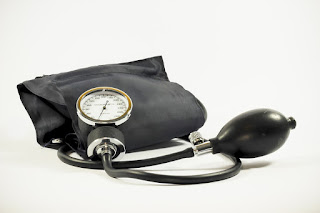Written by: Rachael Kaine
Deciding That You Want to Complete a General Surgery Residency
Before beginning (or even choosing!) a general surgery residency Washington DC, there are some things that you should carefully consider. A surgical career isn’t the right choice for everyone, but completing your first few years of medical school will certainly put you on the right path. Some things to think about include :
- Knowing that you appreciate working with a team
- Having the ability to work and think on your feet and without hesitation
- Enjoying the idea of taking on responsibility and problem solving
- Enjoying learning new skills, gaining new abilities and feeling confident about the choices and decisions that you made for your patients
- Having the ability to work and think on your feet and without hesitation
- Enjoying the idea of taking on responsibility and problem solving
- Enjoying learning new skills, gaining new abilities and feeling confident about the choices and decisions that you made for your patients
Though this isn’t an extensive list, it’s one that may convince you to take the next steps and begin a general surgery residency in the nation’s capital.
Finding the Right General Surgery Residency For You
While most general surgery residency programs operate on the same ideas, not all of them are exactly the same. In order to find and choose one that will resonate and agree with you personally, you’ll need to do some research. This means looking into what each program offers and expects, comparing lengths of time spent in specific rotations and areas, and figuring out what type of environment you’d like to work in. Larger cities like Washington DC offer residents the chance to work in a variety of facilities with a huge number of different patients, making it possible to experience many different procedures and patient stories in a short period of time.
Being a surgeon is a huge deal. Not only do you get to physically help people overcome health obstacles within their lives, you’ll get to see the outcomes. This means that there is a need for people of all types that are willing and able to complete the training to become licensed and skilled surgeons across the country. Your experiences during a surgery residency Georgetown will prepare you for a long and enriching career working with patients and learning from peers, and it can be learned about by visiting http://www.medstarhealth.org/education/affiliated-hospitals-2/medstar-washington-hospital-center/general-surgery-residency/.
Surgeons may always seem busy, but the truth is that this specialty area is no more demanding than others; after completing a residency and obtaining your medical license, you will have the ability to find (or create) a position that will allow you to work exactly as you wish - and for as long as you want.






